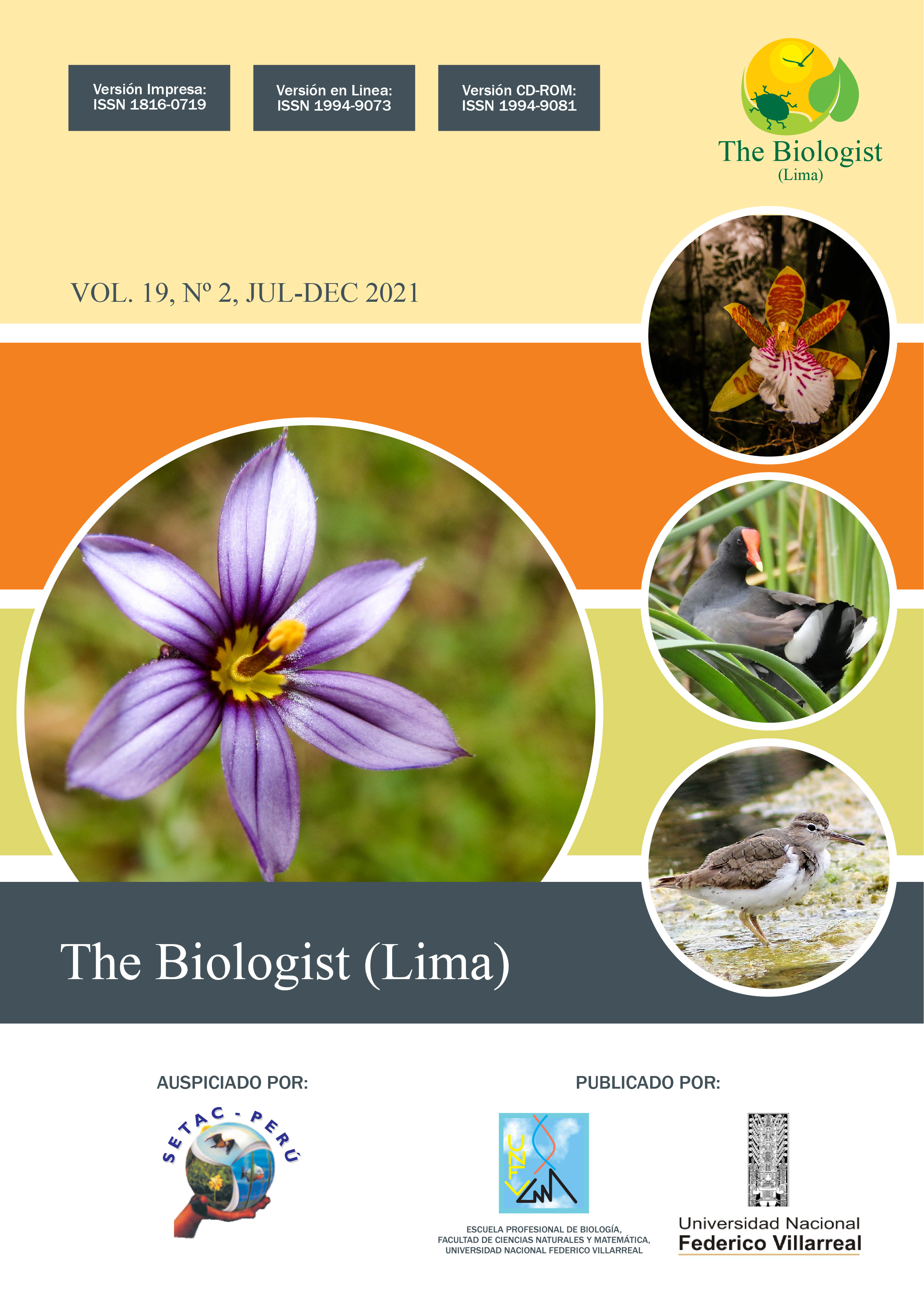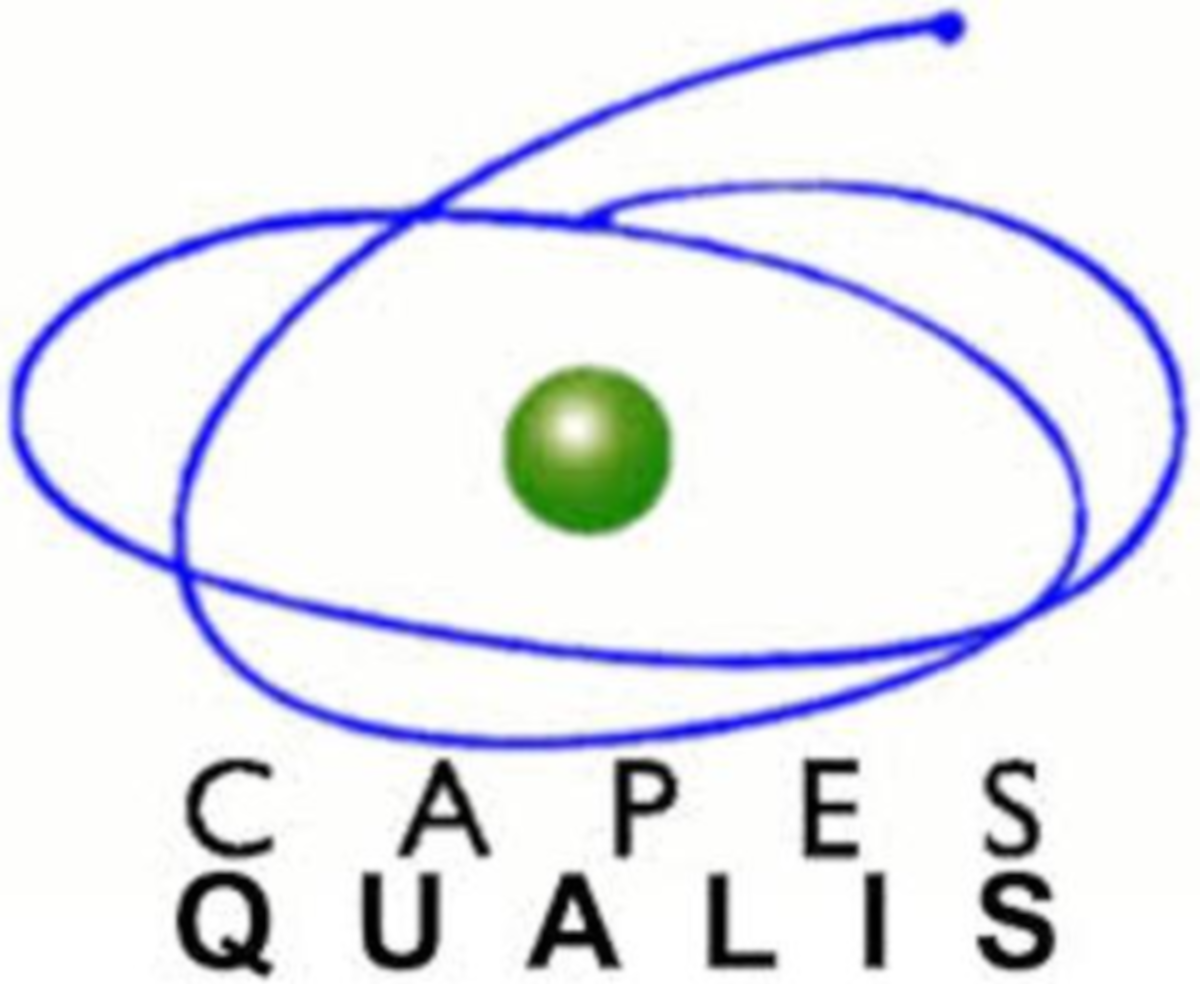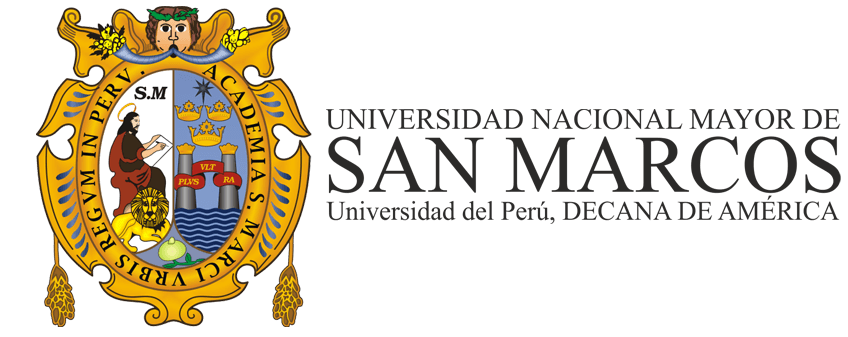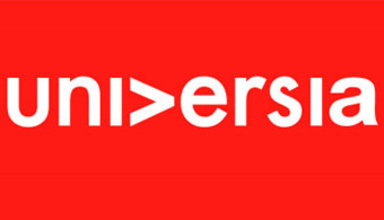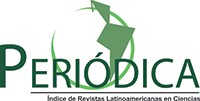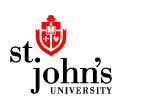LINKING MIDDLE SCHOOL STUDENTS TO THE KNOWLEDGE OF INVASIVE EXOTIC SPECIES OF PLANT ORIGIN IN CUBA
DOI:
https://doi.org/10.24039/rtb20211921124Keywords:
sustainable development, environmental education, EEI, plants, workshop systemAbstract
The research carried out consisted of the design, elaboration and proposal of a system of workshops with the objective of contributing to the knowledge about Invasive Exotic Species (IES) of plants, by school children of the Rural Basic Secondary School "Wilmina Vizcaino Sarduy" located in the town of Manajanabo, in the municipality of Santa Clara, province of Villa Clara, in the Republic of Cuba. For the development of the research, different methods of information gathering and processing were used in their dialectic interrelation, which allowed verification of the existing deficiencies regarding the knowledge of plant species considered to be IES and their undesirable effects on the vulnerable Cuban ecosystems, considering that there are 8 species of invasive exotic plants in the area. The system of workshops was proposed from the school's educational project. The proposal was evaluated to be pertinent by the expert criterion method. Its validation made it possible to verify the progress made by the schoolchildren once the workshops were concluded. It is concluded that these activities contribute to the knowledge of IES of plants, development of skills, strengthening of values related to environmental education, sustainable development and confronting climate change.
Downloads
Published
How to Cite
Issue
Section
License

This work is licensed under a Creative Commons Attribution-NonCommercial-NoDerivatives 4.0 International License.
Objeto: El AUTOR-CEDENTE transfiere de manera TOTAL Y SIN LIMITACIÓN alguna al CESIONARIO (Revista The Biologist (Lima)) los derechos patrimoniales que le corresponden sobre sus obras por el tiempo que establezca la ley internacional. En virtud de lo anterior, se entiende que el CESIONARIO adquiere el derecho de reproducción en todas sus modalidades, incluso para inclusión audiovisual; el derecho de transformación o adaptación, comunicación pública, traducción, distribución y, en general, cualquier tipo de explotación que de las obras se pueda realizar por cualquier medio conocido o por conocer en el territorio nacional o internacional.
Remuneración: La cesión de los derechos patrimoniales de autor que mediante este contrato se hace será a título gratuito.
Condiciones y legitimidad de los derechos: El AUTOR-CEDENTE garantiza que es propietario integral de los derechos de explotación de la(s) obra(s) y en consecuencia garantiza que puede contratar y transferir los derechos aquí cedidos sin ningún tipo de limitación por no tener ningún tipo de gravamen, limitación o disposición. En todo caso, responderá por cualquier reclamo que en materia de derecho de autor se pueda presentar, exonerando de cualquier responsabilidad al CESIONARIO.
Licencia de acceso abierto: El AUTOR-CEDENTE autoriza que manuscrito publicado en la Revista Científica The Biologist (Lima) (versión Impresa ISSN 1816-0719, versión en línea ISSN 1994-9073) permanece disponible para su consulta pública en el sitio web http://revistas.unfv.edu.pe/index.php/rtb/index y en los diferentes sistemas de indexación y bases de datos en las que la revista tiene visibilidad, bajo la licencia Creative Commons, en la modalidad Reconocimiento-No comercial- Sin Trabajos derivados –aprobada en Perú, y por lo tanto son de acceso abierto. De ahí que los autores dan, sin derecho a retribución económica, a la Escuela Profesional de Biología, Facultad de Ciencias Naturales y Matemática de la Universidad Nacional Federico Villarreal (EPB - FCCNM - UNFV), los derechos de autor para la edición y reproducción a través de diferentes medios de difusión.

